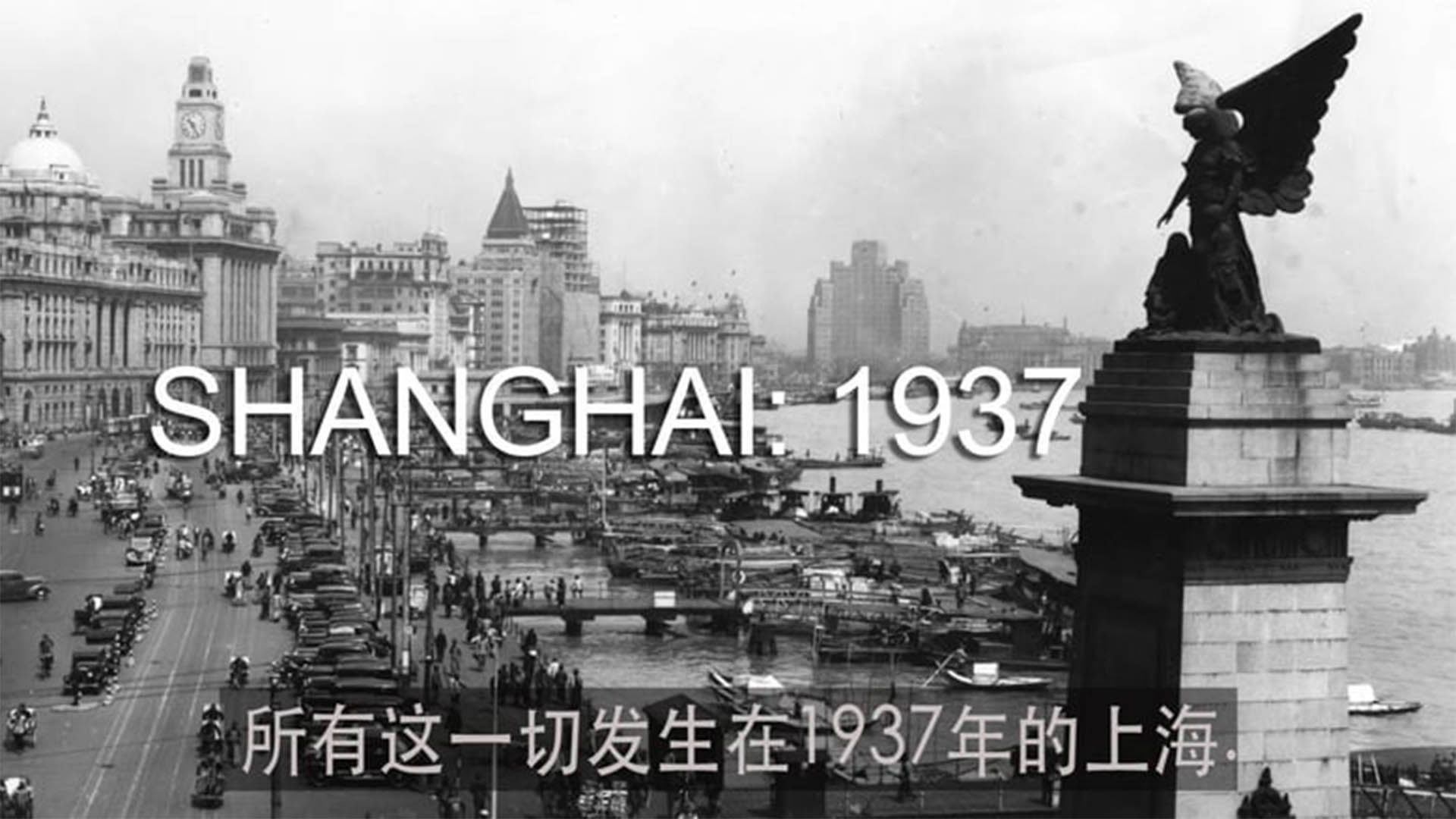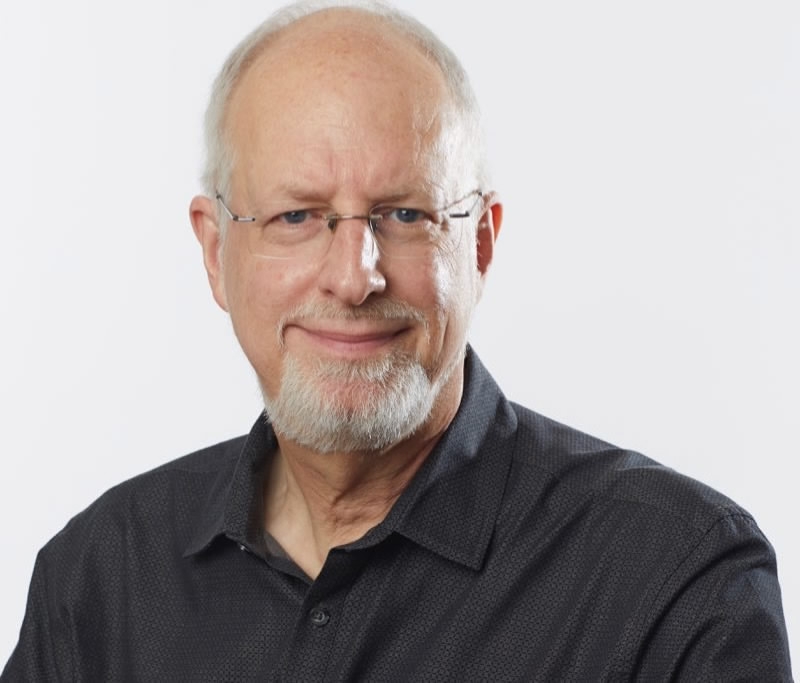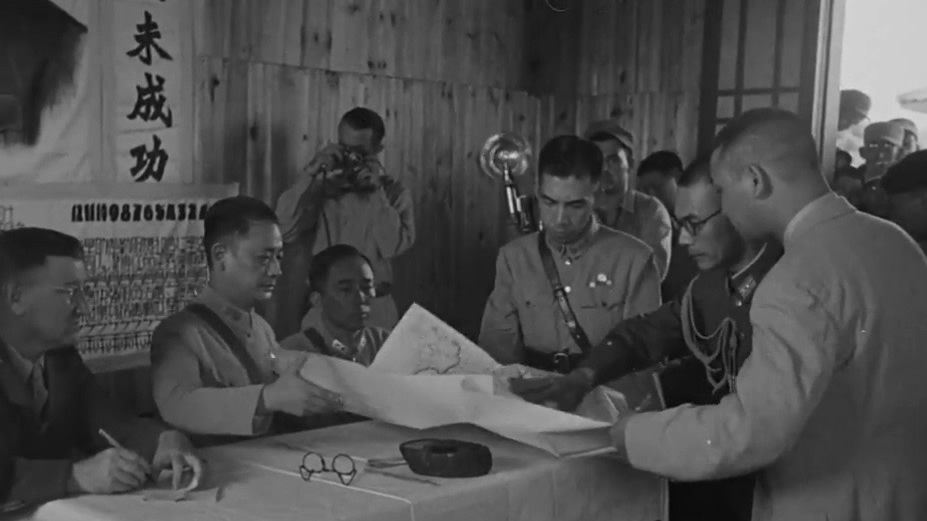
Culture
17:14, 26-Apr-2018
American Emmy Award winner reveals the untold story of China's involvement in WWII
Grace Shao
01:50

Three-time Emmy Award winner Bill Einreinhofer believes most Americans would say World War II broke out on Dec. 7, 1941 - the day the Japanese Imperial Navy attacked the American naval base at Pearl Harbor, Hawaii. However, many Europeans would identify the start of WWII as Sept. 1, 1939, when Nazi Germany invaded Poland.

Three-time Emmy Award winner Bill Einreinhofer /Photo provided by Bill Einreinhofer
Three-time Emmy Award winner Bill Einreinhofer /Photo provided by Bill Einreinhofer
But there is a period of history that western civilizations have often neglected. If asked when WWII broke out, people in China would probably say August 13, 1937. That day marks the official act of defiance by the Chinese against the Japanese military after they were brutally abused and humiliated for six years in the international hub of Asia, Shanghai.
Einreinhofer's interest in China didn't just develop recently. An avid learner of different cultures and history, Einreinhofer has worked with CCTV and SMG on many Chinese stories in the past two decades. Now a respected academic and industry practitioner, Einreinhofer is bringing his expertise to China through his work and teaching. He produced a series on Beijing tied to the 2008 Summer Olympics that was broadcast in 43 countries and seen by over 250 million viewers.
American Emmy Award winner reveals the untold story of China's involvement in WWII.

The Japanese military surrenders to the Chinese and American military. /"Shanghai 1937" Photo
The Japanese military surrenders to the Chinese and American military. /"Shanghai 1937" Photo
The documentary "Shanghai: 1937" includes footage that has not seen the light of day in more than fifty years, and it comes from film collections in China, the United States, Japan, Italy, and France. The angle the production team took in the documentary is that everyone knows when World War II ended, but virtually no one outside of China realizes that it started in Shanghai in 1937.
This is the first program to use the latest information and assemble a panel of scholars from China, America, Britain, Denmark to assess the Battle of Shanghai – or Battle of Songhu, as it is known in China. More interestingly are the rare insights from the Westerners who were born and raised in China as a result of the war. There are sound bites from Westerners who viewed China as home before it became the second largest economy in the world and before it became one of the most attractive places for expats to live.
Leading Chinese experts on this subject, Su Zhiliang, Ph.D. of Shanghai Normal University and Ma Zhendu, Director of the Second Historical Archives of China, were interviewed in the film and provide a historical context for the international audience, allowing them to understand the complexity and severity of the series of incidents and how they still affect modern diplomatic relations, as well as national identity in the region.
The 90-min documentary "Shanghai: 1937" will be participating in the Shanghai Film Festival film market this June.

SITEMAP
Copyright © 2018 CGTN. Beijing ICP prepared NO.16065310-3
Copyright © 2018 CGTN. Beijing ICP prepared NO.16065310-3